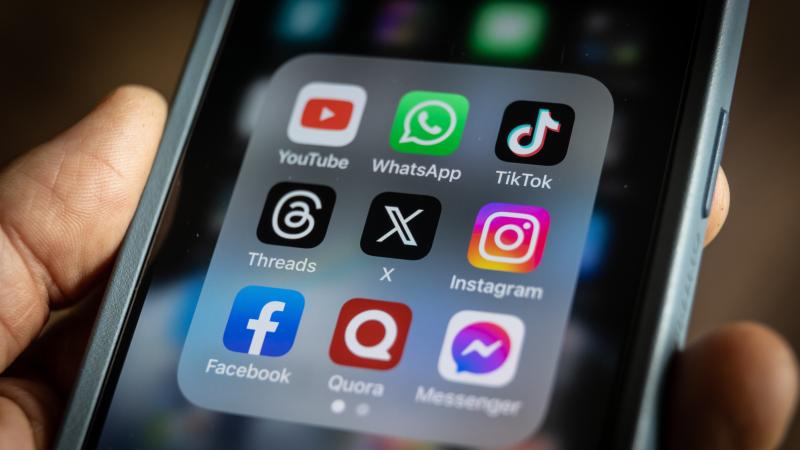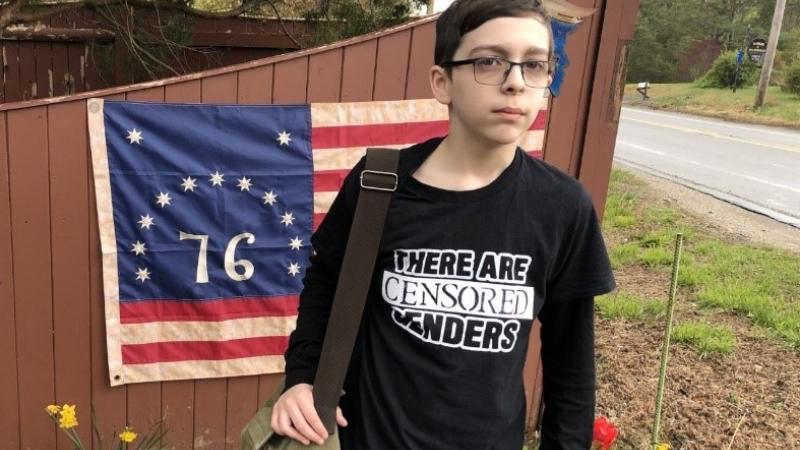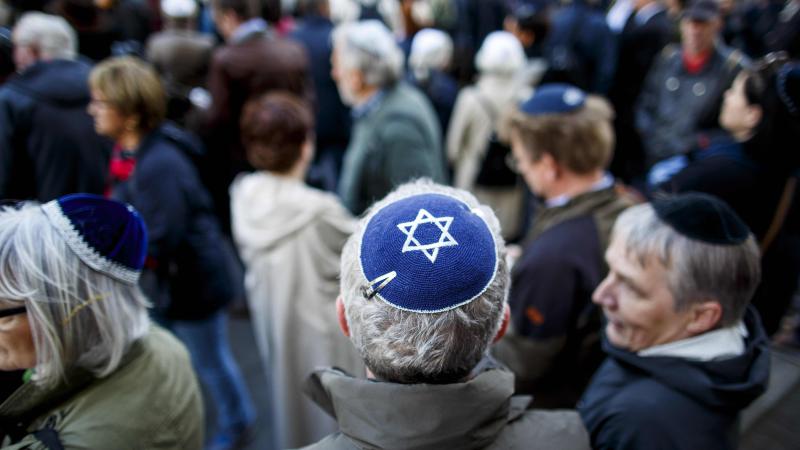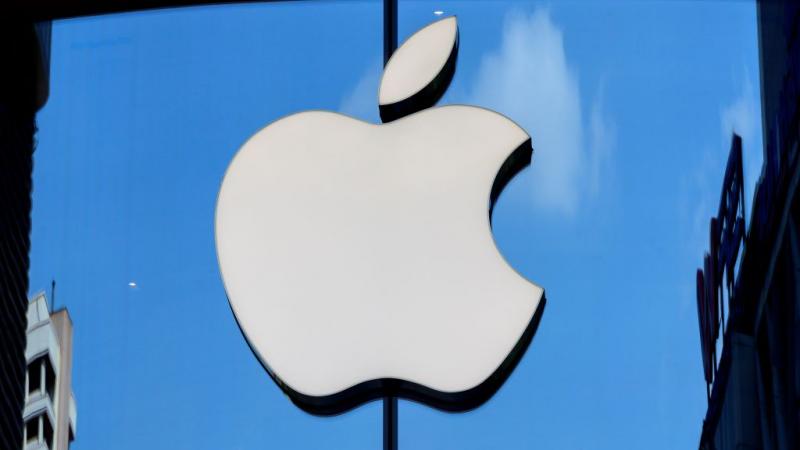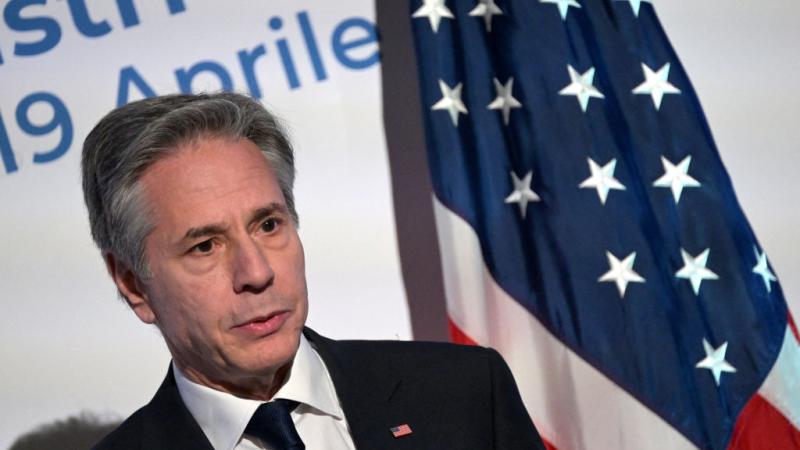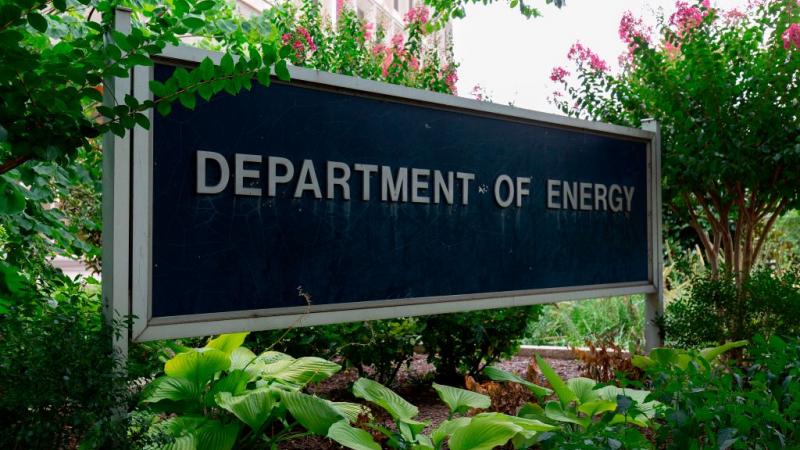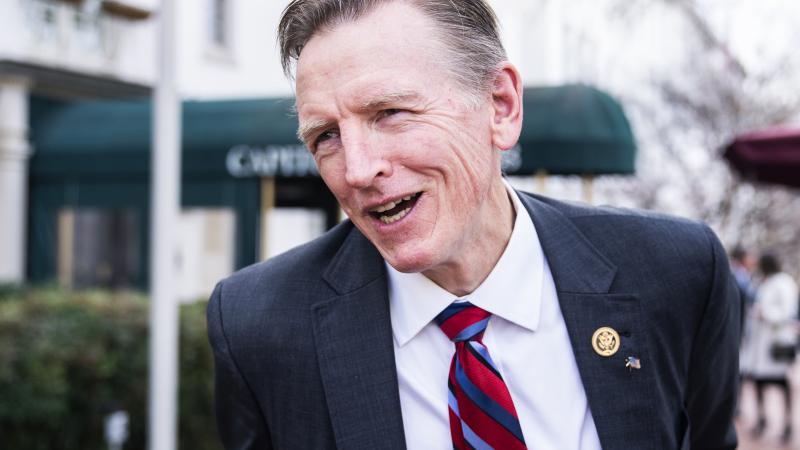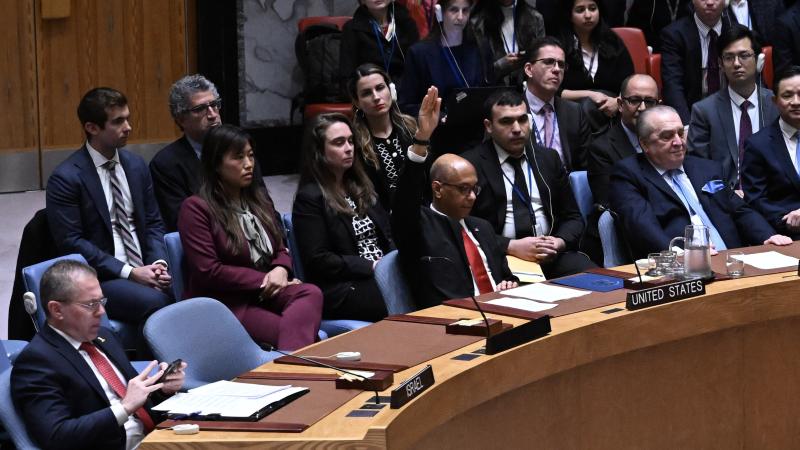DC retroactively shields school from liability for 'strategic lawsuit' against pro-life activists
ACLU protested city's plan to exempt D.C. government, public charter schools from anti-SLAPP law, to no avail. Judge cited "special circumstances" to deny attorney's fees.
"Think of the children" isn't just a rhetorical tactic that uses emotion to defeat reason. It may save a D.C. public charter school from the legal consequences of its "strategic lawsuit against public participation."
The District of Columbia Court of Appeals is considering whether pro-life activists can recoup up to $1.1 million in attorney's fees from Two Rivers Public Charter School for suing them because they protested the construction of a Planned Parenthood abortion clinic across the street from the school.
The case goes back more than seven years and made unintentional bedfellows out of the ACLU's D.C. affiliate and pro-life activists, due to the city's belated rush to exempt government entities and then public charter schools from its anti-SLAPP law.
The school claimed the sidewalk leafleting, display of graphic aborted fetuses and verbal interactions in three protests caused a "private nuisance" and intentional infliction of emotional distress. It took the appeals court more than six years to throw out the lawsuit last summer for lack of legal standing.
When activists Ruby Nicdao, Larry Cirignano and Jonathan Darnel came back to D.C. Superior Court for the attorney's fees to which they were "presumptively entitled," Judge Anthony Epstein agreed their protests were protected by the city's anti-SLAPP law but cited "special circumstances" to deny the award.
Two Rivers sued "for the sake of the young children ... entering or leaving the school grounds," and only to impose "reasonable time, place and manner restrictions" on protests, Epstein wrote in the Sept. 12 ruling.
It was "essentially caught in the middle of a dispute" between the abortion provider and pro-life activists and drew the latter's ire for choosing "not to take their side," he said. "It is reasonable to expect" the "grossly excessive" fees they sought "would be felt more by the students than by the school itself."
Then-D.C. Attorney General Karl Racine threw a wrench in the case in fall 2021 by successfully seeking emergency retroactive changes to the anti-SLAPP law to shield the city's own litigation going back to 2011.
Corporations such as unnamed "large oil companies" were now using anti-SLAPP laws to "stop legitimate government enforcement actions," Racine told the City Council, referring to his year-old suit against Exxon Mobil, BP, Chevron, and Shell for "deception regarding climate change."
Epstein's Sept. 12 ruling, however, concluded Two Rivers wasn't covered by the temporary law because it's a separate entity and the suit was not a "government enforcement action."
Three months later, the local ACLU warned a permanent version of the revisions had shown up in an unrelated "corrections oversight improvement" bill, which now also inexplicably — and retroactively — covered public charters.
"The only real effect of the proposed amendment would be to let District agencies off the hook when they engage in misconduct," such as if the D.C. Housing Authority sued tenants for "creating bad publicity for the agency," the civil liberties group told City Council Chair Phil Mendelson in the Dec. 5 letter.
Charters should not be exempt either because "it is easy to imagine a charter school board suing a parent or a group of parents who publicly criticize the actions of the board," the D.C. ACLU said. The Council nonetheless approved the changes, which became law without Mayor Bowser's signature and take effect next week.
D.C. sought exemption from the consequences of conduct that would get "any other lawyer" sanctioned in court, senior counsel Art Spitzer told Just the News. "It seems weird to me." The D.C. ACLU has no idea why public charters were added, "and still there has never been a public hearing on the bill," he said.
Two Rivers relied on both Epstein's "special circumstances" findings and the soon-to-be permanent changes to the anti-SLAPP law in its March 27 appeals brief against attorney's fees as well as the activists' other legal costs, which Epstein had approved.
"Barring a dramatic and unforeseen development, where both Houses of Congress and the President of the United States block" the revised anti-SLAPP law, the appeals court must moot the appeal, it said.
The activists, represented by private attorneys as well as public interest firms Liberty Counsel and the Thomas More Society, filed a joint reply brief Monday.
They attacked the "novel formulation" adopted by Epstein to deny attorney's fees, claiming the judge relied on "clearly erroneous" factual findings "based on speculation and self-serving assertions not supported by record evidence."
Contrary to the judge's claim, "this case involved far more than 'common-law tort claims,'" the brief says. "It involved application of the D.C. Anti-SLAPP Act to those 'common-law tort claims' in the context of the exercise of fundamental First Amendment rights in a quintessential public forum, not to mention analyses of not one but two last-minute legislative amendments attempted to be applied retroactively, and in two separate appeals."
Under the 5th Amendment's due process clause, the revised anti-SLAPP law cannot retroactively shield Two Rivers after the activists "obtained final judgment," the activists said.
The legislative changes were not made to "remedy a defect in previous law" — the emergency legislation requested by Racine — since "charter schools have never been part of the District government" and were added to the law "without any additional rationale."
The retroactive reach of the law — "a period of over 12 years" — far exceeds the duration of retroactive changes the high court has previously approved, generally "less than one year," the activists said.

